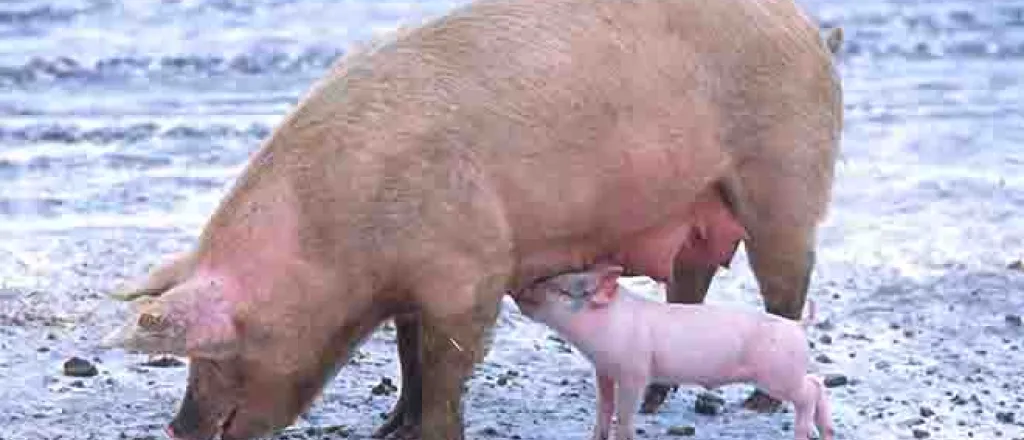
California farm animal cruelty law takes full effect
Click play to listen to this article.
(California News Service) Pork sold in California will now have to comply with Proposition 12.
The law bans some types of extreme confinement of farm animals, specifically gestation crates -- which are metal cages, often so small sows cannot turn around. Some provisions of the 2018 law have already gone into effect, concerning egg-laying hens and calves raised for veal.
Amber Canavan, manager of campaigns at People for the Ethical Treatment of Animals, applauds the law but said other forms of animal cruelty are still allowed.

"Pork producers are still able to confine the pigs to squalid, cramped and stressful conditions, forcefully impregnate them, steal their babies away, and slaughter them in terrifying and agonizing ways, including gas chambers, and captive bolt pistols," Canavan asserted. "So, PETA's stance is that no one needs to eat meat to live a long and happy life."
The pork industry appealed Prop 12 to the U.S. Supreme Court, which upheld states' right to regulate the meat industry. Opponents said the law has raised egg prices and caused shortages over the past six years. Several large pork producers, including Hormel, have said they will produce Prop 12-compliant meat.
Kate Brindle, program manager of farm animal protection for the Humane Society of the United States, noted the fight has now moved to Congress, where lawmakers are currently considering the EATS Act, which would invalidatemany states' agriculture and food safety laws.
"The goal of this act is to undermine Prop 12," Brindle pointed out. "A report published by Harvard Law School talked about over 1,000 state and local laws that could be negated if the EATS Act becomes law."
In the Supreme Court case, public health groups stated extreme confinement of animals can suppress an animal's immune system, making them more susceptible to disease, which can spread to humans.
















